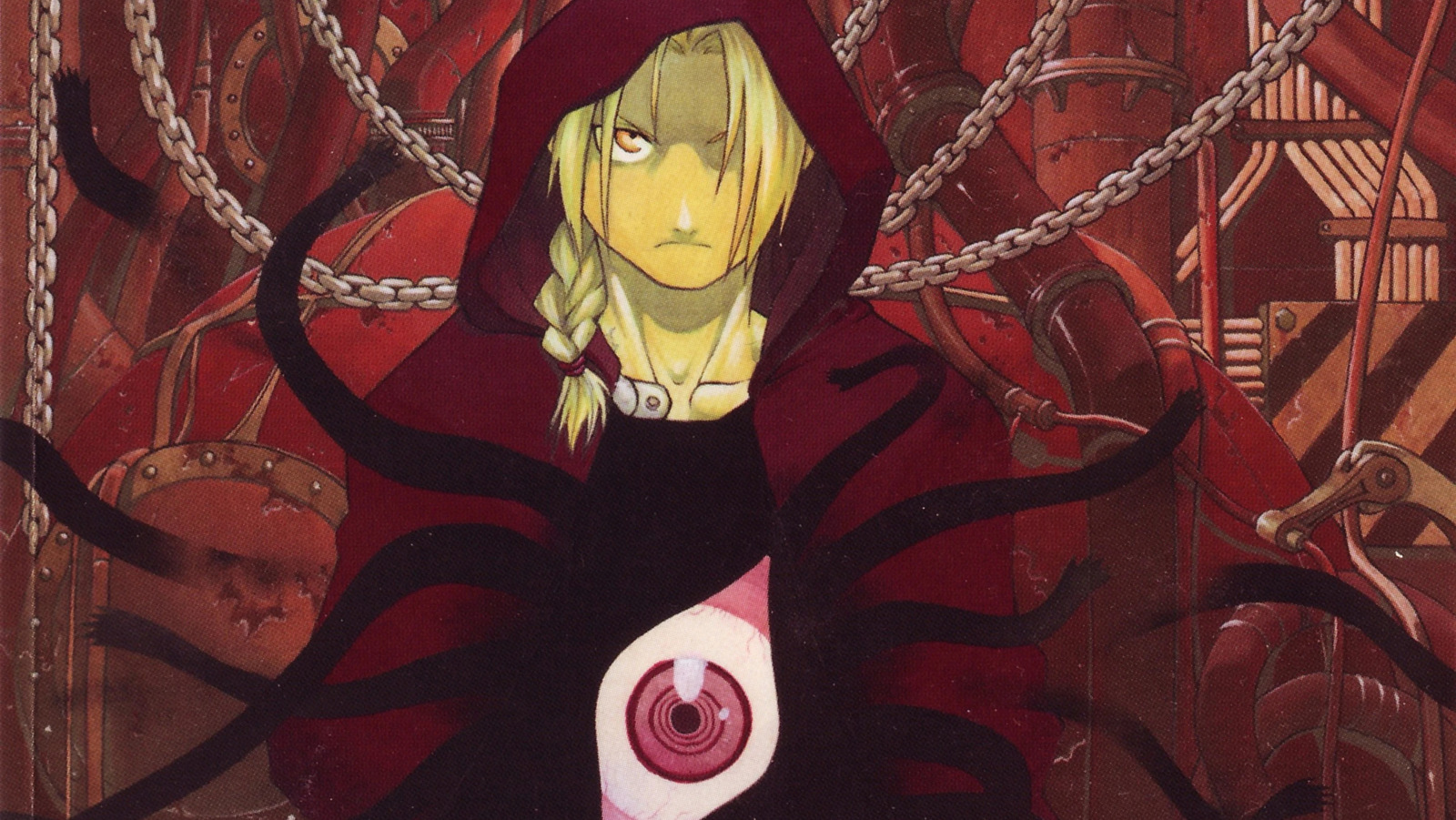
On the surface, "Fullmetal Alchemist" is one of the least Japanese shōnen anime/manga. The story is set in the fictional country Amestris, a hodgepodge of Western European nations: in particular, Germany, England, and France. Most of the main characters are coded as white with European names (Edward and Alphonse Elric, Roy Mustang, etc.).
Much of the show's mythology about alchemy comes from the West too — the MacGuffin of "Fullmetal Alchemist," the Philosopher's Stone, was an invention of the Frenchman Nicholas Flamel. While Christianity isn't practiced in Amestris, the villainous Homunculi are named for the Seven Deadly Sins. That said, it'd be hard for a series written by a Japanese woman (Hiromu Arakawa) to draw zero influence from Japanese culture. One such influence is the Homunculi's plan.
Throughout the series, the Homunculi call the Elric brothers their "human sacrifices" — this is why they don't kill the pair even though the brothers keep interfering with their plans. Why the Elrics qualify as "sacrifices" and what the Homunculi need them for isn't immediately clear, but the villains keep searching for more candidates: the Elrics' father Hohenheim, their alchemy teacher Izumi Curtis, and Colonel Mustang.
It's eventually revealed that what makes someone a candidate for human sacrifice is that they've seen beyond the Gate of Truth, the metaphysical source of all knowledge. To see this, one must be a powerful alchemist who has attempted to (re)create life via human transmutation. The Elrics, Izumi, and Hohenheim all fit; near the end of the story, the Homunculi Pride and Wrath force Mustang through the Gate to create the fifth sacrifice.
No comments:
Post a Comment